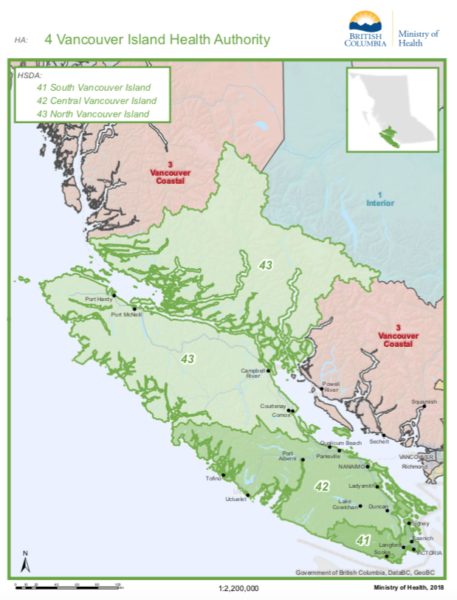Recent Developments in Vancouver Island Health

The Importance of Health Care on Vancouver Island
Vancouver Island, the largest island on the west coast of North America, is home to over 900,000 residents. The health care system on the island is critical to ensure the well-being of its diverse population. As the demand for health services continues to rise, recent developments in health care policies and programs on Vancouver Island have become increasingly significant.
Recent Initiatives and Updates
In the past year, the Vancouver Island Health Authority (VIHA) has introduced several initiatives aimed at enhancing health services. One notable program is the expansion of mental health services, which has received funding to improve access to counselling and psychiatric services. This initiative reflects the growing recognition of mental health as a crucial component of overall health.
The introduction of telehealth services has also revolutionized access to care. Patients on Vancouver Island can now consult with health professionals virtually, reducing travel time and costs while increasing convenience. Studies indicate that telehealth visits have surged by over 150% since the beginning of 2022, highlighting its importance, especially in rural areas.
Community Health Projects
Community health is also a focus for VIHA, with several new projects aimed at addressing specific health issues. For instance, programs targeting diabetes management and prevention have been launched to help combat rising rates of this chronic condition among island residents. Educational workshops and support groups are providing resources to help individuals manage their health more effectively.
Furthermore, collaborative efforts with local Indigenous communities are being forged to ensure culturally appropriate health care. VIHA has prioritized partnerships to deliver health services that respect the traditions and practices of the Indigenous populations, acknowledging their unique health challenges.
Future Forecasts for Health on Vancouver Island
Looking ahead, the need for sustained investment in health care resources is paramount. Experts predict an increase in demand for services, particularly as the island’s population ages. Strategies that leverage technology and community engagement will be crucial in addressing these challenges.
Advocacy for improved funding and infrastructure will continue as residents and health care providers work together to enhance service delivery. The focus on preventative care and mental health will likely remain at the forefront of public health discussions as Vancouver Island seeks to foster a healthier future for all its inhabitants.
Conclusion
In summary, the health landscape of Vancouver Island is evolving, with numerous initiatives aimed at improving health outcomes for the community. As the island faces challenges related to population growth and an aging demographic, the ongoing assessment and adaptation of health services will be critical in meeting the needs of its residents. The future of Vancouver Island health reflects a commitment to improved access, community collaboration, and comprehensive care.


